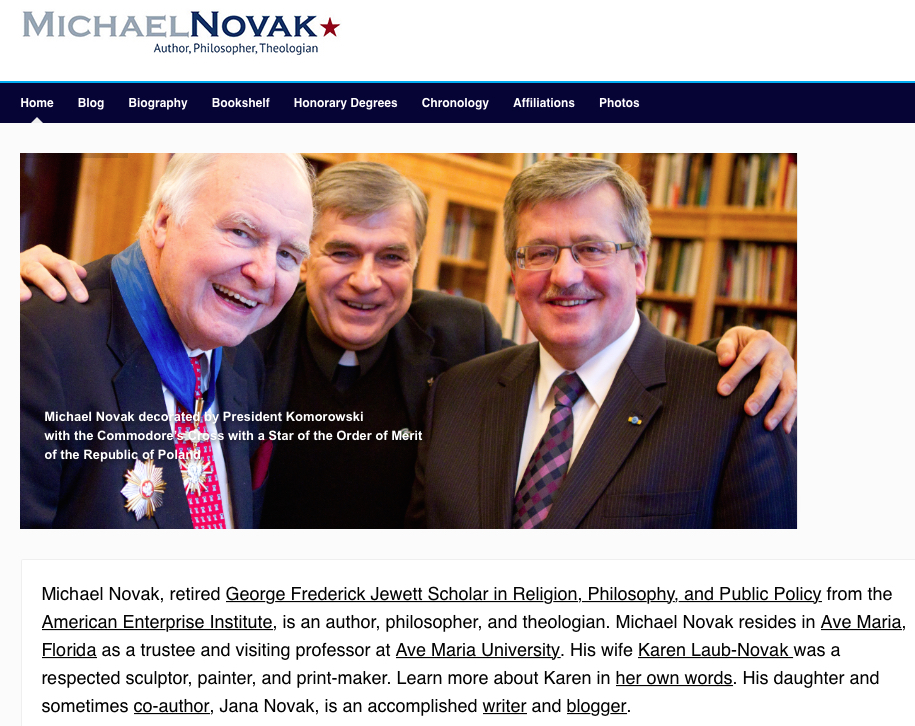That's no way to run a business, but it is a way to bankrupt it.
It took less than five years. And now over 3,000 employees who had jobs don't.
Good job, idiots!
From Family Christian's own story here on November 29, 2012:
Family Christian, the nation's largest Christian retail chain with 280 stores in 36 states, announced today that its management team has partnered with a group of Atlanta-based Christian businessmen to acquire the company from its private equity owners. Terms of the transaction were not disclosed.
Under the new ownership, Family Christian's pledge is to contribute 100% of its profits to Christian causes and, specifically, ministries serving widows and orphans both in the U.S. and abroad. Family Christian has always been committed to providing resources for the Christian community, but the new ownership structure will allow the organization to not only equip Christians in their daily walk, but to increase the organization's impact by providing substantial financial support to faith-based causes.
Fast forward to now. Dateline Grand Rapids, Michigan, February 23, 2017 here:
GRAND RAPIDS, MI - Family Christian Stores, the nation's largest chain of Christian book and merchandise stores, announced it will close its doors after 85 years in business.
The announcement on Thursday, Feb. 23, did not specify a timetable for the liquidation, which will affect more than 3,000 employees at more than 240 stores in 36 states.
In 2015, Family Christian shed about $127 million worth of debt to its suppliers, creditors and consignment vendors when it went through Chapter 11 bankruptcy and was sold for about $55 million.
"We had two very difficult years post-bankruptcy," said company president Chuck Bengochea in a news release, that blamed changing consumer habits and declining sales for the decision.
Giving profits away to charity is simply destruction of capital, which was needed to plow back into the company to keep it profitable under the very difficult retail circumstances of the online age after a terrible recession.
Too bad the ownership didn't think of its obligation to its employees and customers first. That they didn't indicates the ownership deserved this, but the lives now wrecked because of their blindness most certainly did not deserve it.









